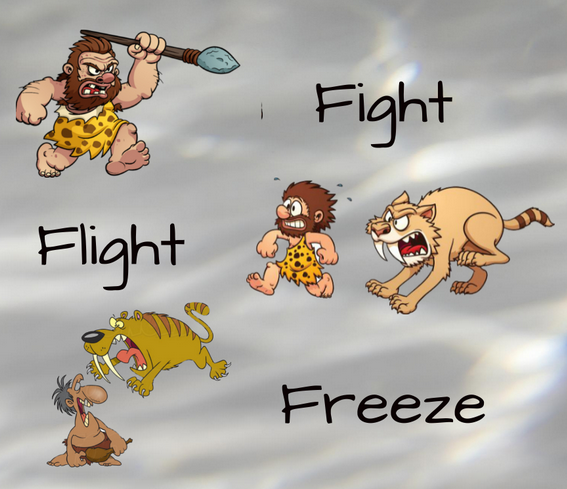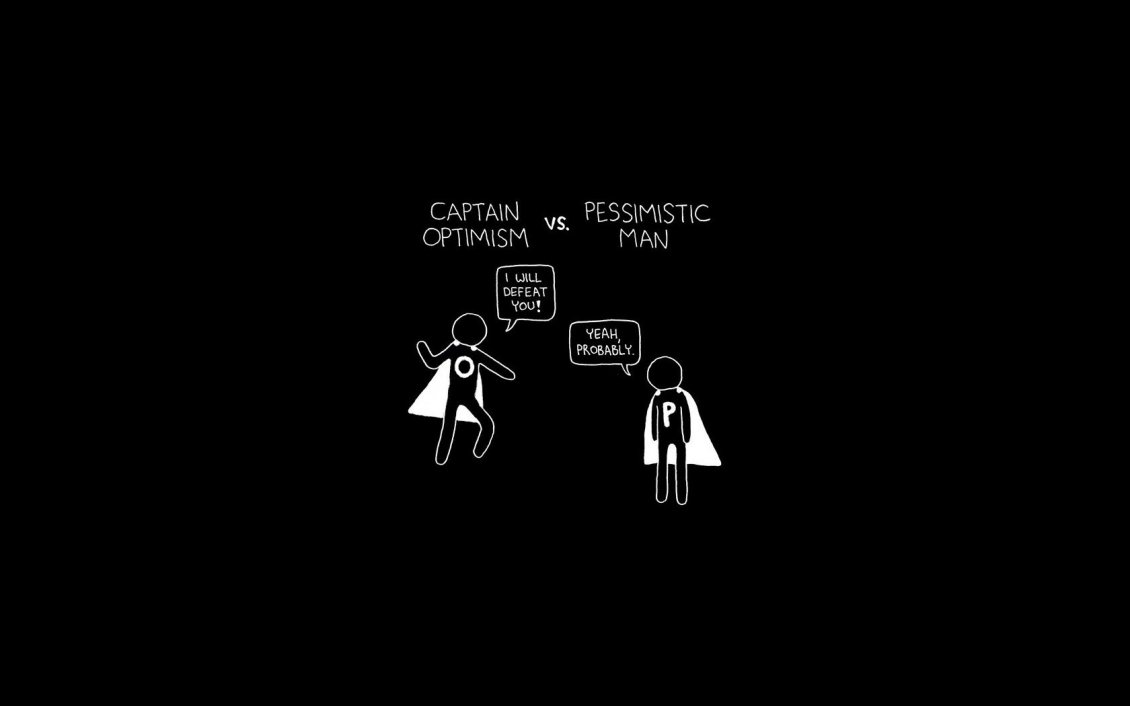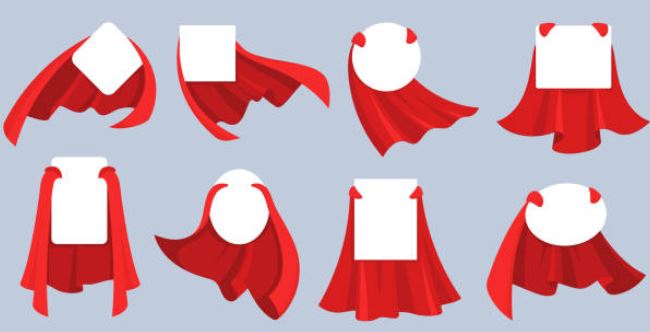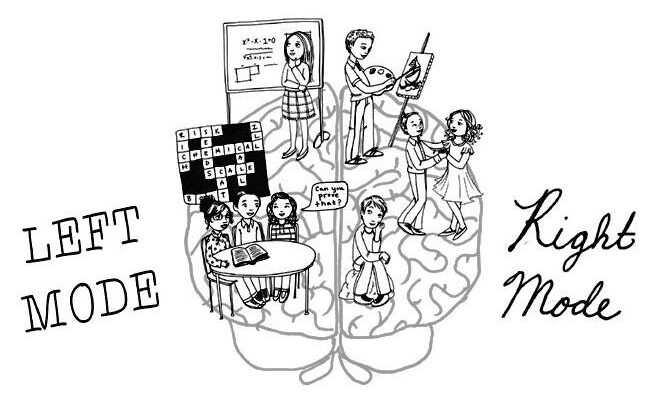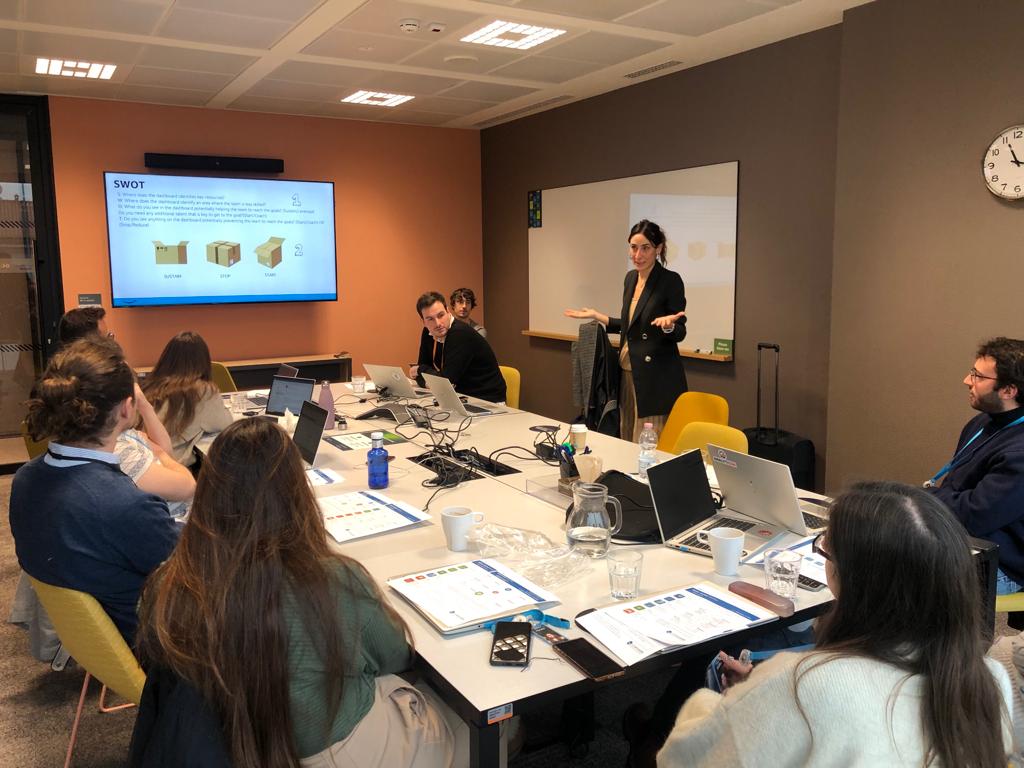La reazione "#freeze- #flight or #fight" è ciò che più mi ricorda quanto, nonostante ci siamo evoluti, qualcosa ci leghi ancora indissolubilmente alle nostre origini #ancestrali. A volte, senza neanche saperlo, siamo vittime di questi 3 comportamenti. Altre siamo i "carnefici" capaci, non volendo, di creare ambienti poco produttivi nei quali chiunque vorrebbe scappare, sparire nel nulla o attaccare e puntare il dito. Vediamo in cosa consiste il "freeze-flight or fight" con alcuni esempi e come allenarci per non esserne schiavi.
Beliefs are beliefs and they can be false: if we think something about ourselves, it doesn’t mean it’s true! Some beliefs lead to passive attitude, leading people to fail (self-fulfilling prophecy). Emotions and actions do not come directly from adversities, but they are triggered by what we believe about the situations. So, let’s discuss automatic beliefs: listen to what you tell yourself every time you feel sad, anxious or angry! If your beliefs are true, focus on how you can change the situation so that it does not become a disaster. Generally speaking, negative beliefs are distortions that you should change. Optimistic people think that failures are not necessarily caused by them, but rather by circumstances. This helps them to not lose hope and energy, to be resilient and to ultimately hold higher probability to succeed.
When I decided to start the EQ journey, I even didn't think about how strong can be the power of EQ within the family. When I started my Six Seconds certification path, I answered this question 'What is the goal you have here?' with something really business related. The biggest discovery for me was to change completely my focus, as I felt the need to work on myself and my quality of life, before looking at business and to repeat the same pattern again and again. I am a woman, a mother of two children (5 and 2 years) and a wife: this is part of the equation!
“Everybody is a genius. But if you judge a fish by its ability to climb a tree, it will live its whole life believing that it is stupid!”. Each of us has talents and we should pause for a while to realize which they are and leverage them to work at the best of our possibilities.
How many times did you feel like doing what really matches your strenghts? And how many times, instead, did you feel like working in a "foreign" country (e.g. like driving on the opposite side)? How many times did you feel frustrated as your boss/colleagues were focused on the day-by-day, without a vision? Or viceversa? There is a specific common ground and precise science explaining how our brains prefer to work!
I answered this key question leading few worskhops in Amazon. I introduced EQ to the leadership and we co-created an effective package aiming to introduce EQ to the teams, enhance EQ practice for the day-by-day usage, link EQ to a business goal and define an action plan to achieve it.
